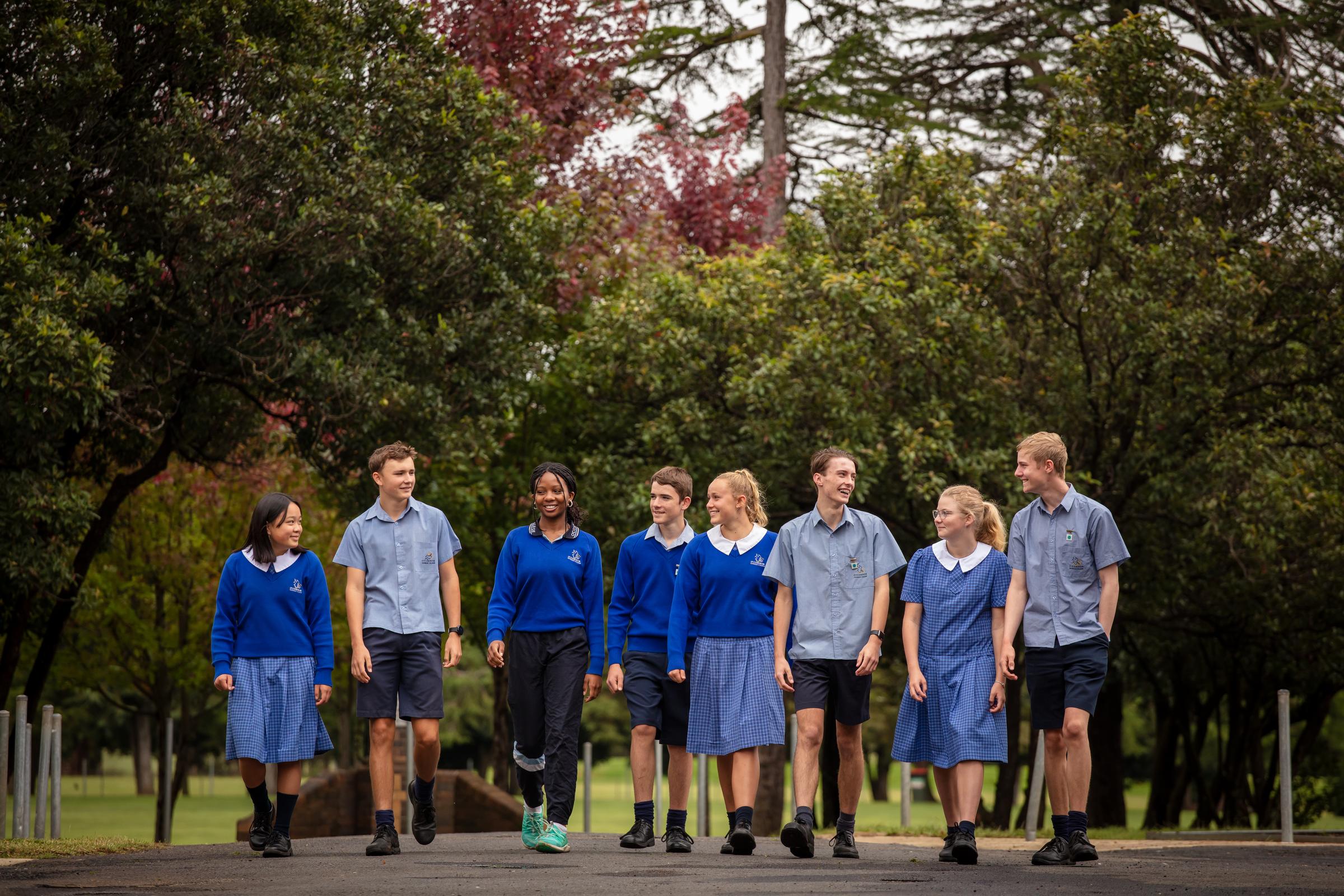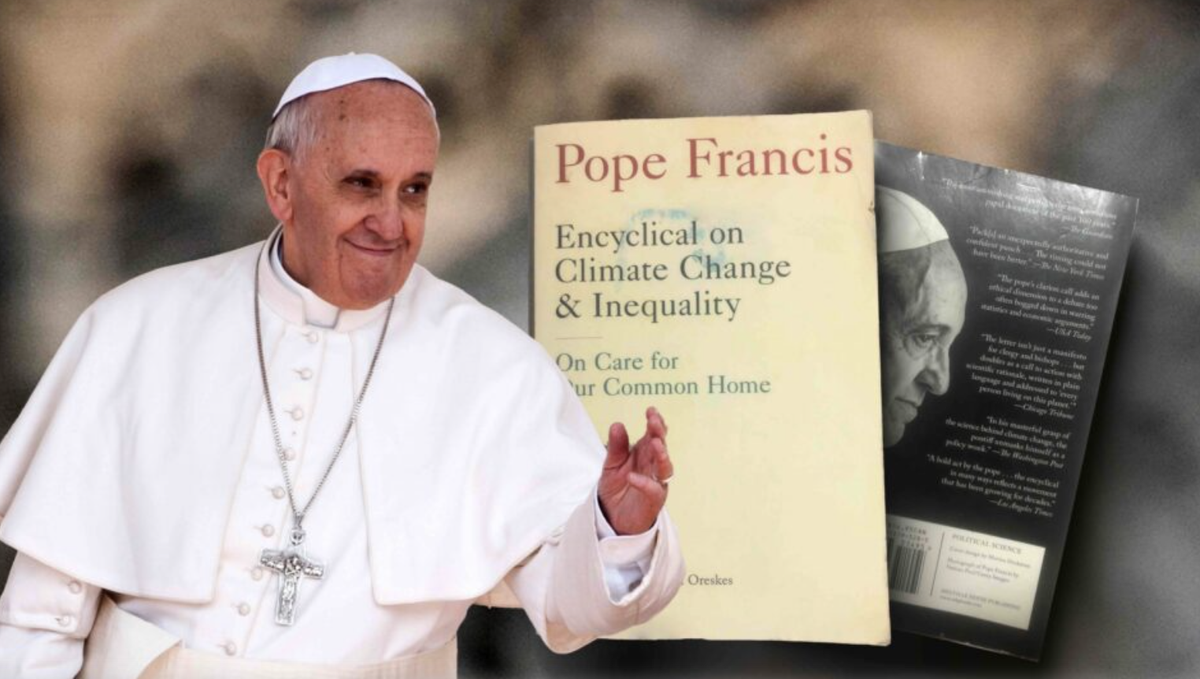Assistant Principal / Leader of Pedagogy
Mr Stephen Chapman

Assistant Principal / Leader of Pedagogy
Mr Stephen Chapman
The Cry of the Earth


In today’s newsletter article, I’m focussing on something of vital importance: Caring for our Earth. I don’t often talk about our staff's professional learning, but today I can’t help it. I’ve been inspired by the enthusiasm shown for this subject after our staff professional learning on Wednesday afternoon this week. We have a great responsibility as educators of young people to make a difference in the future. If we can educate our young people to look after the world, then the future is bright.
On Wednesday afternoon, our whole staff met to focus on spirituality with a lens on sustainability. In the first hour, we learnt about Aboriginal and Torres Strait Islanders' (ATSI) spirituality. As a part of this, we took our shoes off and walked in the footsteps of the Aniwan people who came before us. We read about the importance of caring for the land. “The health of land and water is central to Aboriginal culture. The land is their mother. It is steeped in their culture, but also gives them the responsibility to care for it. They feel the pain of the shapes of life in country as main to the self” (p. 1. Creative Spirits, 2021). I’d like to thank James Russell, Matt Griffin and Karen Tighe (SME Aboriginal Education from the CSO) for running this session for our staff.
After that session, we spent around an hour with each other on a spiritual retreat. This was facilitated by Kerry Steller and Anne Finlayson from the Diocesean Spiritual Renewal Team. The theme of this session was “Cry of the Earth, Cry of the Poor”. As a part of this, we discussed the ways we can help the Earth.
Even the teachings coming from the Vatican have, in recent times, focused on the importance of looking after our world. In 2015, Pope Francis wrote a ground-breaking Encyclical on Climate Change and Inequality. This document talks about the need for all of us to care for the world. This includes us working hard to undo the damage done by current and past generations.


After we got home on Wednesday evening, after a super long day, I was thrilled to see how enthusiastic our staff was about continuing this discussion. Mr Hawthorne started the emails off by asking if any staff members were interested in forming a group to discuss planning a day of education focussed on the environment to be held sometime in Term 4. This would be a whole school day with cross-curricular activities aimed at making a better world. There were many teachers who immediately volunteered to join this group on the planning of the day. This warmed my heart!
So, members of the O’Connor Community, watch this space. There will be opportunities for learning to happen centred around caring for our Earth. As I said previously, we have a responsibility to teach our youth how to make a difference in the health of our world. To be honest, I think this will be easy. I am forever impressed at the enthusiasm our students show for making a positive difference, especially when it comes to the environment. It goes to show that when the learning is relevant and important, enthusiasm and hard work follow.


Stephen Chapman
Assistant Principal - Leader of Pedagogy
Never stop learning; for when we stop learning, we stop growing - Jack Lewman
References
Meaning of land to Aboriginal people. 3 September 2021. Creative Spirits. Retrieved from: https://www.creativespirits.info/aboriginalculture/land/meaning-of-land-to-aboriginal-people
Best Laudato Si’ summary. Rice, C. May 5, 2022. Retrieved from: https://laudatosimovement.org/news/Mr Stephen Chapman